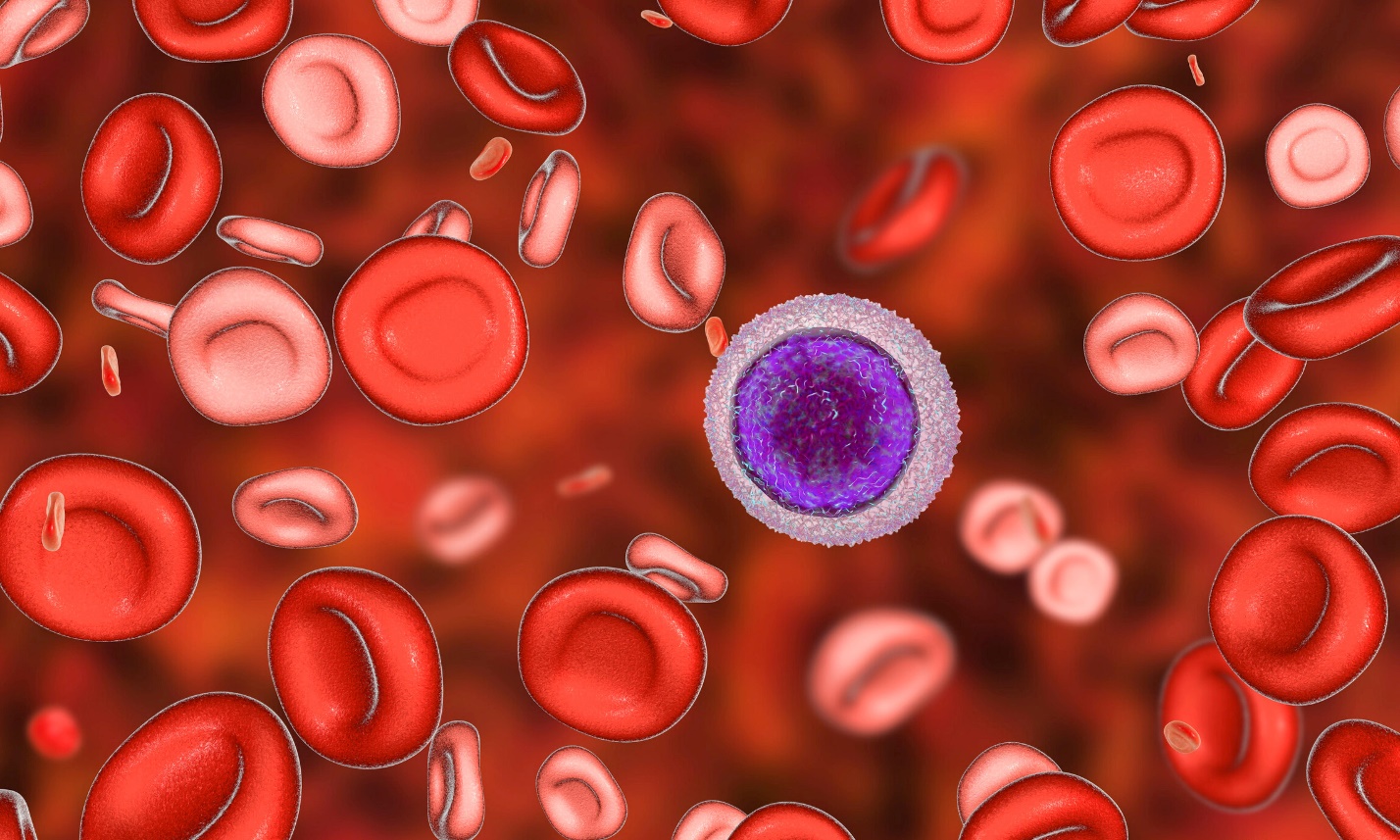In a significant development for cancer treatment, the US Food and Drug Administration (FDA) has approved Autolus Therapeutics’ CAR-T cell therapy for adult patients with relapsed or treatment-resistant B cell precursor acute lymphoblastic leukemia (B-ALL). This approval marks a critical advancement in CAR-T cell therapies targeting aggressive forms of blood cancer.
Autolus’ therapy, a CD19-targeted CAR-T treatment, is priced at $525,000 and joins the market with Gilead’s Tecartus, approved in 2021 for adult B-ALL at a price of around $460,000. While Novartis’ Kymriah is also FDA-approved, it’s limited to B-ALL patients up to age 25. Autolus aims to have 30 treatment centers for the new therapy operational soon after its launch, with plans to expand to 60 centers by the end of 2025.

Safety and Efficacy from the FELIX Trial
The FDA’s approval was based on data from the pivotal FELIX trial, which showed promising outcomes for patients with advanced disease. Among 65 patients with over 5% bone marrow blasts, 63% achieved complete remission, with a remission duration averaging 14.1 months. Importantly, high-grade adverse effects were rare: only 3% experienced severe cytokine release syndrome (CRS), and 7% experienced neurotoxicity events.
No REMS Required, Reflecting Advances in Safety Management
Despite the serious risks of CAR-T therapies, including potential cytokine release syndrome and neurologic toxicities, the FDA chose not to impose a Risk Evaluation and Mitigation Strategy (REMS) for this treatment. This aligns with recent regulatory adjustments to ease the monitoring burden on CAR-T therapy providers, a decision influenced by the healthcare community’s increasing expertise in managing these side effects.
Expanding Access to Life-Saving Therapies
The therapy will be produced at Autolus’ UK-based manufacturing site in Stevenage. It is also under review in the UK and EU, with marketing authorization submissions accepted by both the European Medicines Agency and the UK’s Medicines and Healthcare products Regulatory Agency.
Dr. Elias Jabbour, the US lead investigator of the FELIX study, emphasized the urgency of developing treatments like this: “Adult ALL is an extremely aggressive cancer, and a high unmet need exists in treating patients who relapse and face limited options.”

Check out our AAV CDMO service to expedite your gene therapy research
PackGene Biotech is a world-leading CRO and CDMO, excelling in AAV vectors, mRNA, plasmid DNA, and lentiviral vector solutions. Our comprehensive offerings span from vector design and construction to AAV, lentivirus, and mRNA services. With a sharp focus on early-stage drug discovery, preclinical development, and cell and gene therapy trials, we deliver cost-effective, dependable, and scalable production solutions. Leveraging our groundbreaking π-alpha 293 AAV high-yield platform, we amplify AAV production by up to 10-fold, yielding up to 1e+17vg per batch to meet diverse commercial and clinical project needs. Moreover, our tailored mRNA and LNP products and services cater to every stage of drug and vaccine development, from research to GMP production, providing a seamless, end-to-end solution.
Related News
[2024/12/20] Gene and Cell Therapy- weekly digest from PackGene
FeaturedNewsArticlesPackGene's NewsletterReceive the latest news and insights to your inbox.About PackGenePackGene Biotech is a world-leading CRO and CDMO, excelling in AAV vectors, mRNA, plasmid DNA, and lentiviral vector solutions. Our comprehensive offerings span...
Sangamo and Astellas Collaborate to Advance Neurological Gene Therapies Using AAV Capsid Technology
Sangamo Therapeutics, Inc. (Nasdaq: SGMO), a leader in genomic medicine, and Astellas Pharma Inc. (TSE: 4503), a global innovator in life sciences, have partnered under a new license agreement. This collaboration centers around Sangamo’s cutting-edge neurotropic AAV...
Inceptor Bio and GRIT Bio Announce Strategic Partnership to Advance IB-T101, a Next-Generation Solid Tumor CAR-T Utilizing the OUTLAST™ Platform
SHANGHAI and MORRISVILLE, N.C., Dec. 18, 2024 /PRNewswire/ -- Inceptor Bio, a leading innovator in cell therapy, and GRIT Bio, a clinical-stage immunotherapy developer, today announced a strategic partnership to advance IB-T101, a potentially best-in-class CAR-T...
Proof-of-concept study bioengineers therapeutics for improved cancer treatment
Credit: Pixabay/CC0 Public DomainA team of Children's Medical Research Institute (CMRI) scientists has identified a new method for producing a therapeutic product that has the potential to improve the treatment of cancer. The work by Associate Professor Leszek...
Related Services

AAV Packaging Services
READ MORE

Off-the-Shelf AAV Products
READ MORE

